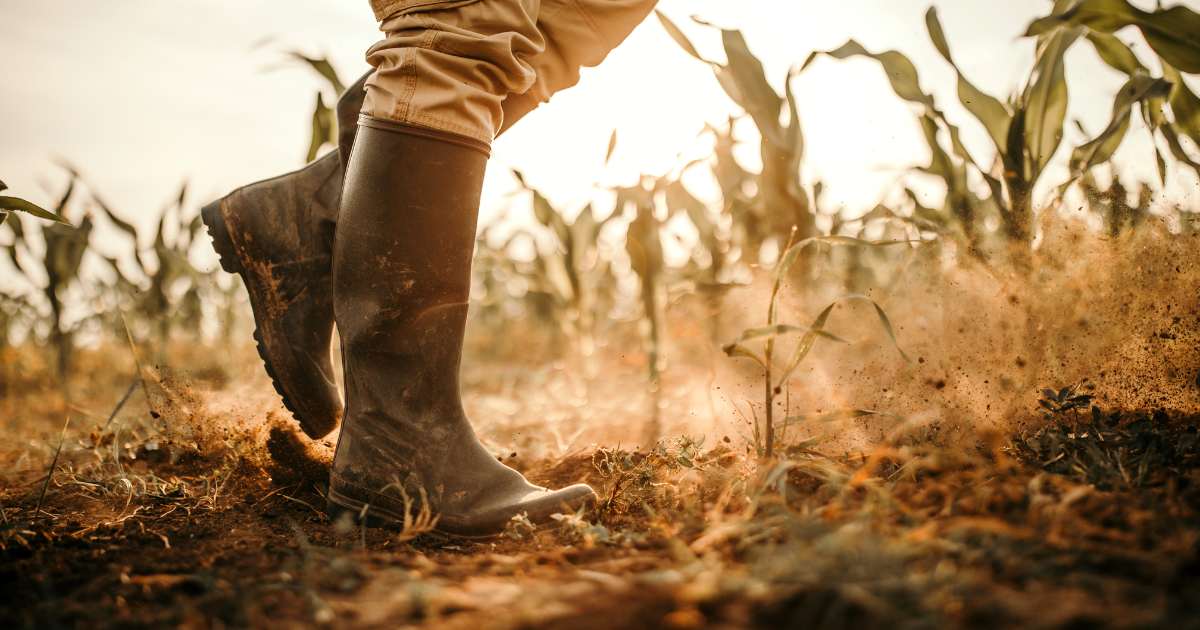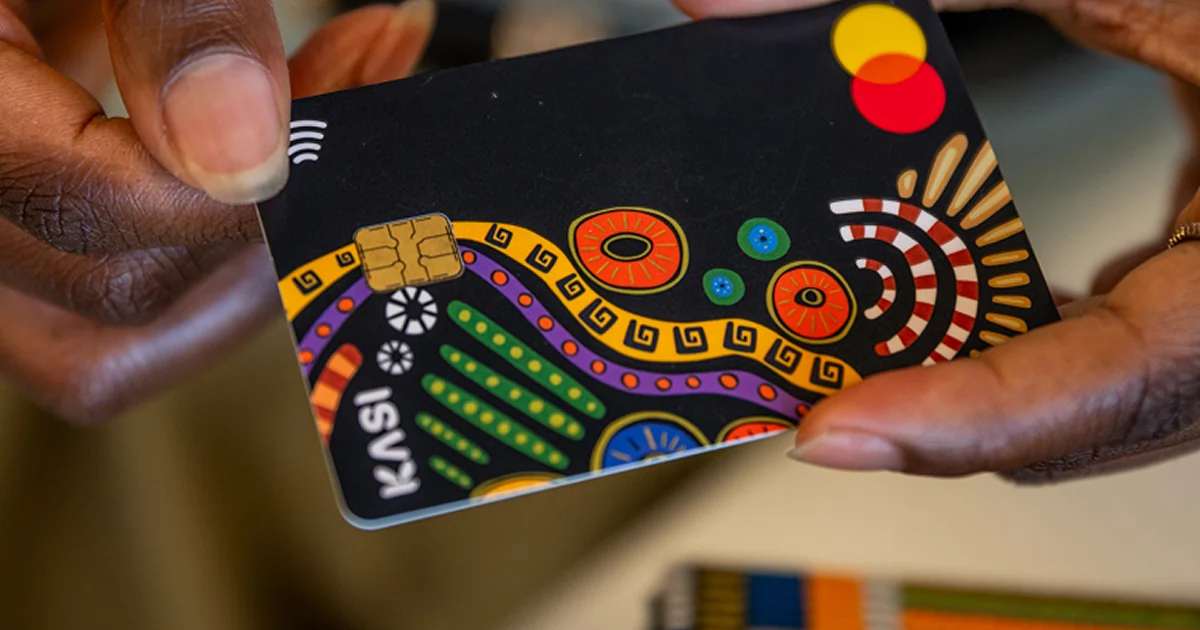
Farmers face many challenges that might hold them back from running successful businesses. Uncontrollable weather changes, pest infestation, lack of equipment, wasted crops, or limited access to capital to get off the ground.
A solution that has helped agri-entrepreneurs is crowdfunding and stokvels. Traditional financing, such as bank loans, isn’t always achievable for farmers. Let’s have a look at how these alternative financing solutions, such as stokvels and crowdfunding, have played a role in helping farmers thrive.
Why Do Smallholder Farmers Need Crowdfunding?
Access to funding is one of the biggest challenges faced by smallholder farmers. This is due to a lack of collateral, restricting them from qualifying for bank loans. Some of these issues are influenced by gender inequality. In some rural parts of South Africa, women face gender biases, such as not being able to inherit or own land without a male counterpart.
According to the 2024 communal land report by the Commission for Gender Equality, there are several factors that hinder women from gaining access to communal land. The factors stated in the report include marital status, family dynamics, cultural norms, and socio-economic issues, amongst others.
There’s a need for intervention to align policy in the land allocation processes to ensure there are no gender biases and inequality. However, until that change is achieved, there’s a need for effective solutions to the challenges faced by smallholder farmers. One of the practical solutions is for agripreneurs to turn to crowdfunding and stokvels.
Farming Input Stokvel by Inventory Club
InventoryClub is an agricultural platform that aims to simplify access to the production of African agricultural products, as well as access to the buying and selling of these products. One of the features of this platform is a Farming Input Stokvel. This serves as an opportunity for farmers to gain support through quality seeds, fertilisers, and machinery to enhance productivity and sustainability.
Farmers on the platform get to benefit from partnership opportunities where they can engage in farming projects. The InventoryClub ecosystem helps farmers increase their income and offers training, as well as greenhouse projects.
Farmers can be part of a community where a dedicated farmer is employed for every 10 tunnels. Allowing you the space and liberty to manage it. This means farmers participating in the InventoryClub ecosystem can boost their agricultural output and income.
How Agricultural Stokvels Build Financial Resilience
The collective savings model of stokvels allows farmers to build resilient businesses. Agriculture requires smallholder farmers to prepare for unforeseen circumstances, and that, in many cases, requires money.
Through the support of stokvels and crowdfunding, smallholder farmers are able to build resilience against market shocks, weather risks, and financing gaps.
Pooling Capital for Bulk Purchases
Agricultural or farming‑oriented stokvels give farmers the chance to plan for large purchases or expenses that may require a higher amount than the regular monthly expenses. Farmers can also come together and gather funds for bulk item purchases such as seeds and fertilisers.
When they make these bulk purchases together, they could benefit from bulk discounts as opposed to the inflated cost of making purchases on their own. For instance, the Mzansi Green Stokvel is a stokvel based in a rural community in the Eastern Cape. The stokvel has 30 members and serves as a prime example of how stokvels can play an essential role in agricultural resistance and transformation.
This stokvel drives efforts towards sustainable farming efforts. This comprises initiatives towards permaculture methods, renewable energy solutions, and assisting in starting vegetable gardens. Through the collaborative efforts driven by the stokvel, they have achieved successful results in creating employment opportunities and improving crop yields.
Risk-Buffering and Flexible Credit
Some of these groups allow their members to draw from accumulated stokvel funds as an alternative to traditional lending through banks.
Building Social Capital and Knowledge Sharing
Stokvels aren’t merely about finances. Members can also benefit from collective training. Since members in stokvels typically meet regularly, they can share knowledge about best farming practices, climate-adaptation techniques, and market access. This encourages information sharing, helping farmers learn, get training, and grow their businesses.
Investing for Growth and Expansion
As stokvels evolve, members leverage their funds for business expansion and investment. The broader stokvel market in South Africa includes over eight hundred thousand groups, with collective contributions rising steadily. Farmers participating in these networks access capital that bypasses traditional credit constraints, such as lack of collateral or gender-based land access limitations, helping build resilient and scalable operations.






